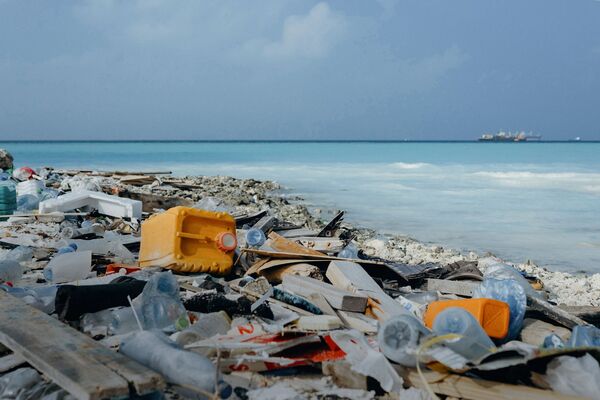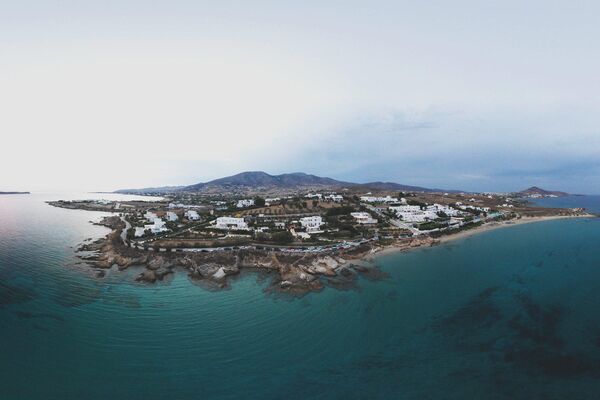Long read by John Vidal:
We eat and breathe plastic. How does it affect our health?Μελετάμε τη σχέση μεταξύ πλαστικής ρύπανσης και ανθρώπινης υγείας.
Τα σωματίδια μικροπλαστικών εισχωρούν στον οργανισμό μας με τον αέρα που αναπνέουμε, το νερό που πίνουμε, τα ρούχα που φοράμε και τις τροφές που τρώμε, αλλά δεν γνωρίζουμε πόσο σοβαρό μπορεί να είναι αυτό για την υγεία μας.
We need to understand the relationship between plastic pollution and human health.
Why? Because plastic is everywhere. It’s in the water we drink, the air we breathe, the food we eat and the clothes we wear. We know it’s inside us, but we don’t know what this means for our health.
That’s because the necessary research doesn’t exist yet – it’s unpopular, expensive and time-consuming. However, the evidence we do have suggests we should be extremely concerned. For example, preliminary research shows human immune cells die at an alarming rate in the presence of micro-plastics.
Obviously, any risk to human health is concerning. But this new knowledge also presents an opportunity to create a much greater appetite for change - personally, locally, nationally and internationally. Governments, businesses and communities have come forward before to save human lives, and they will come together again.
We have two investigations underway.
-
“Just look around you. Your clothes, paints, toys, and packaging - it's all plastic! It breaks down through wear, enters our air, our food, our water. We are the most exposed, more than any other species...”
-Stephen Fry -
“Deeply alarming further evidence of our exposure to plastics. Top polluters such as Coke, Pepsi, Nestle and Unilever must urgently reduce plastic packaging and invest in refill and reuse. And governments must hold them accountable.”
-Graham Forbes, Greenpeace USA -
“Sadly, it's now a certainty that most of us have micro-plastic and nano-plastic particles in our bodies. We urgently need to understand what the consequences of that are for human health.”
-Hugh Fearnley Whittingstall







